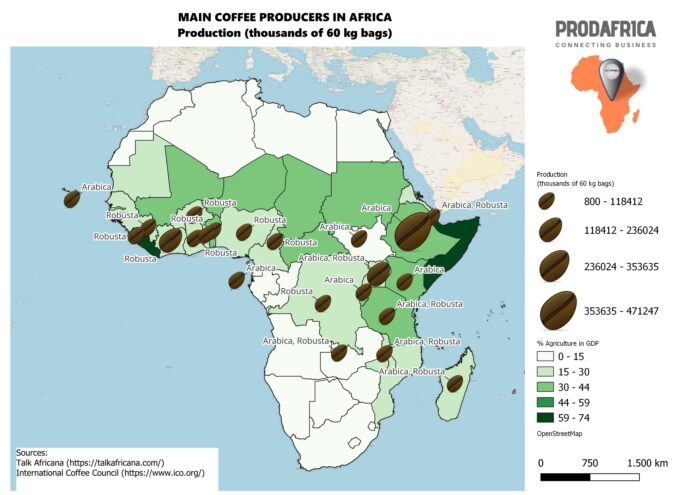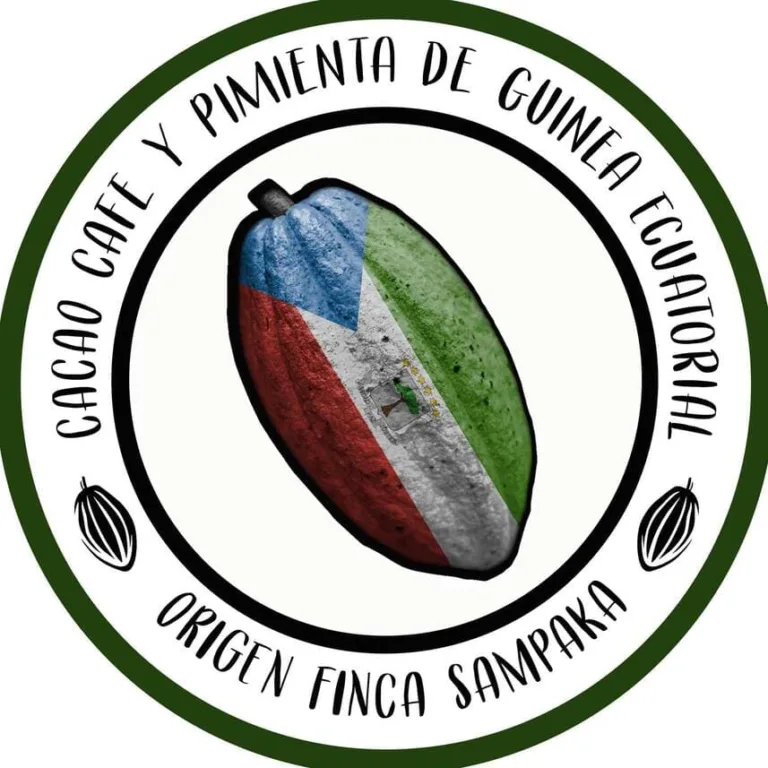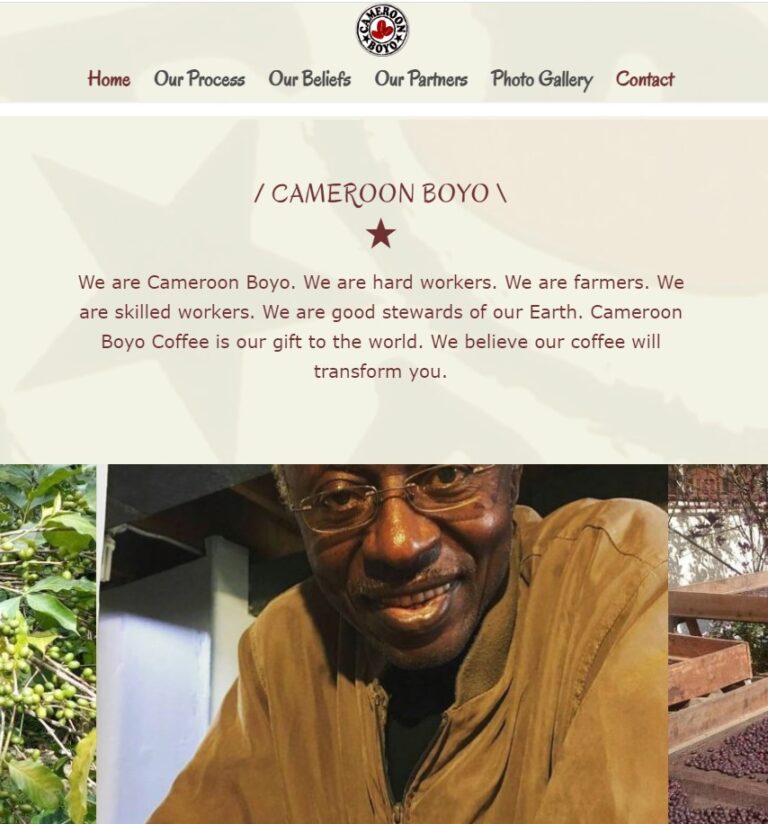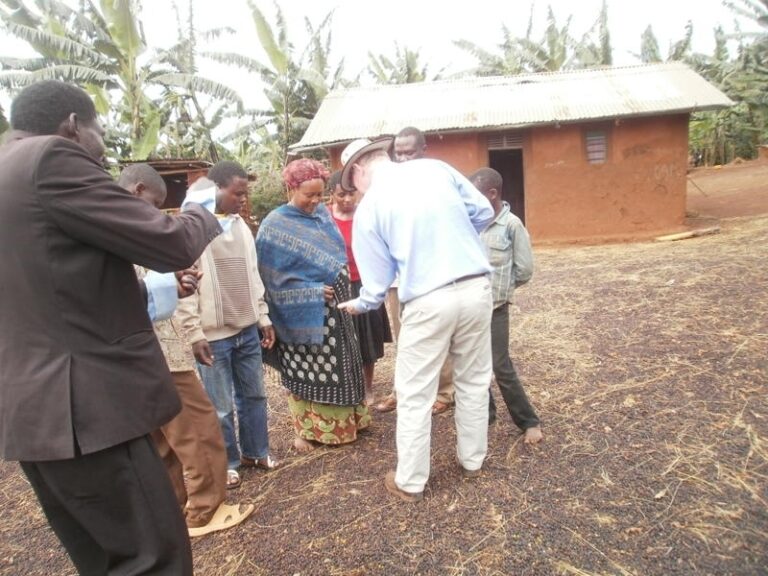Coffee production is an important agricultural activity in Africa, supporting the livelihoods of millions of people and contributing significantly to the economies of many countries on the continent. According to the UN Conference on Trade and Development, Ethiopia, Uganda, Tanzania, and Kenya are the largest coffee producers in Africa, accounting for 80% of the total coffee exports from the continent .
Despite its potential for growth and inclusivity, the coffee sector in Africa faces various challenges. These include climate change, which has resulted in reduced yields and lower quality coffee beans, lack of access to credit and markets, and inadequate infrastructure for processing and storage. Furthermore, the industry has traditionally been dominated by a few large companies, limiting opportunities for smallholder farmers to benefit from the sector’s potential for growth.
African coffee production accounts for approximately 12% of the worldwide production of coffee beans. Ethiopia and Uganda are the largest producers, accounting for 39% and 23% of coffee bean distribution, respectively. Cote d’Ivoire, Tanzania, and Kenya follow, producing 13%, 6%, and 5% of coffee beans in the region, respectively .
Efforts are being made to address the challenges facing the coffee sector in Africa. Sustainable coffee production practices, including organic farming and fair trade certification, are being promoted to improve the quality of coffee and to ensure that farmers receive fair prices for their products . Additionally, investments in infrastructure and the establishment of credit and marketing systems can help to improve access to markets and to promote inclusive growth in the sector .
African coffee production has significant potential for growth and inclusivity. However, the sector faces various challenges, including climate change, limited access to credit and markets, and inadequate infrastructure. Efforts to promote sustainable coffee production practices, improve access to markets and credit, and invest in infrastructure can help to promote growth and inclusivity in the sector.

Farms and Producers:
Coffee farming in Africa is generally characterized by small-scale farming systems that are largely based on traditional practices . There are many cooperatives and smallholder farms scattered throughout the continent, producing coffee for local and international markets. However, the industry faces challenges, including the need for more investment in processing infrastructure, and the lack of support for farmers and cooperatives in terms of pricing and marketing strategies .
Coffee Markets:
African coffee farmers and cooperatives face challenges in the global market as farm gate prices are often dictated by international markets, which can be volatile and unpredictable. Despite these challenges, the African coffee industry has been growing steadily in recent years, with increased production, exports, and revenues. The majority of African coffee is exported to European markets, followed by North America and Asia. However, there is also a growing demand for African specialty coffee in high-end markets.
Types of Coffee:
Arabica and Robusta are the two main types of coffee grown in Africa. Arabica is grown mainly in East Africa, while Robusta is grown mainly in West and Central Africa. Arabica is generally considered to be of higher quality and is often used for specialty coffees, while Robusta is known for its hardiness and is used in many blends, instant coffees, and other products .
Countries:
Africa is home to many of the world’s top coffee-producing countries, including Ethiopia, Uganda, Cote d’Ivoire, Tanzania, and Kenya. Ethiopia is considered the birthplace of coffee and is known for producing some of the best Arabica coffee in the world. Uganda is the second-largest coffee producer in Africa after Ethiopia, while Cote d’Ivoire and Tanzania are also major players in the coffee industry. Kenya is known for its high-quality specialty coffee, while Rwanda is known for its efforts to promote sustainable and environmentally friendly coffee production .
According to the International Coffee Organization, Africa produced a total of 19.5 million 60-kilogram bags of coffee in 2020, which accounted for 12% of the world’s total coffee production . The top coffee-producing countries in Africa in 2020 were Ethiopia, Uganda, Cote d’Ivoire, Tanzania, and Kenya.

Team ProdAfrica
team@prodafrica.com




